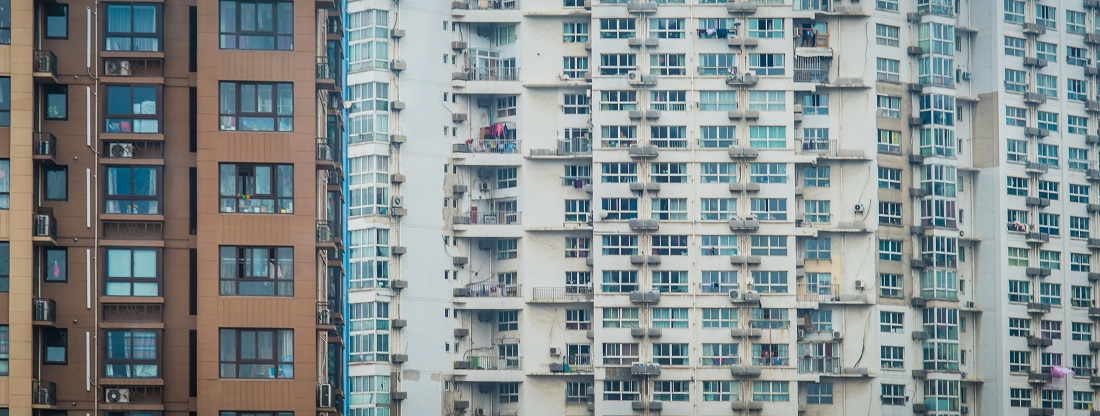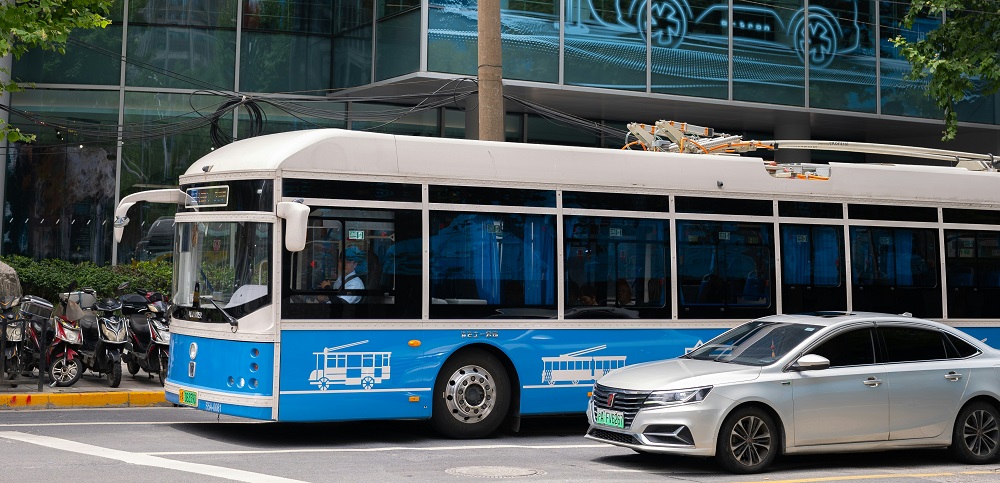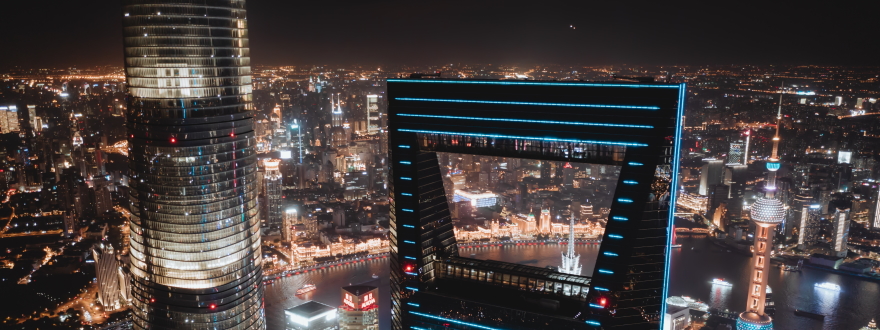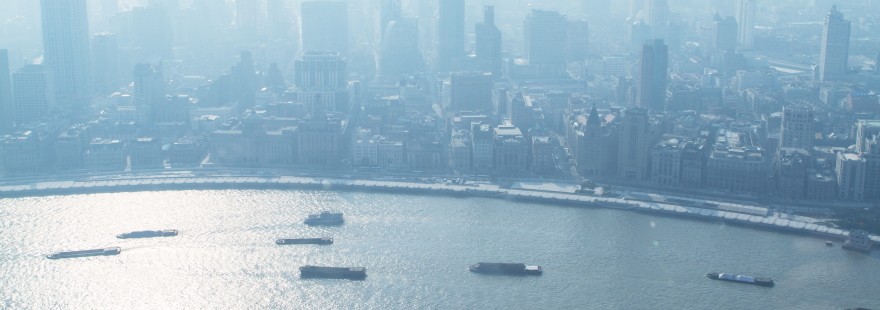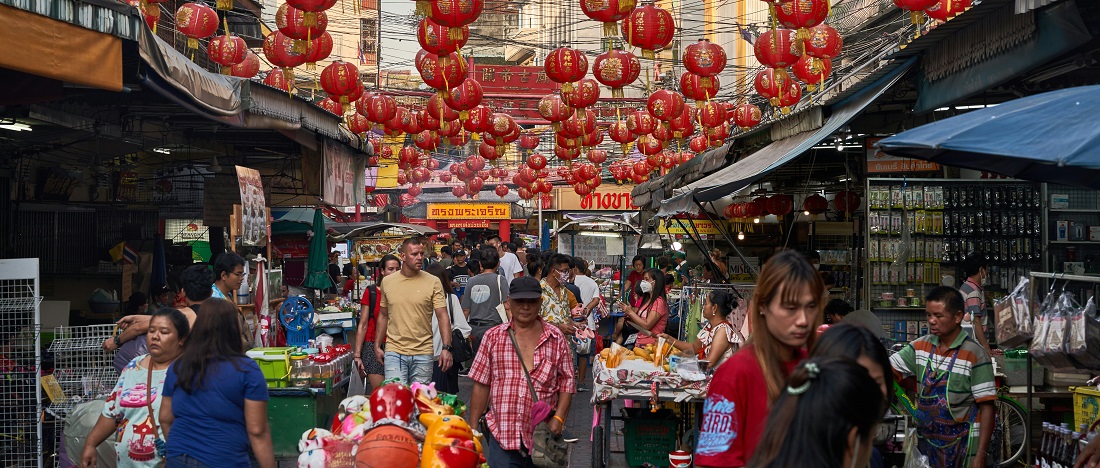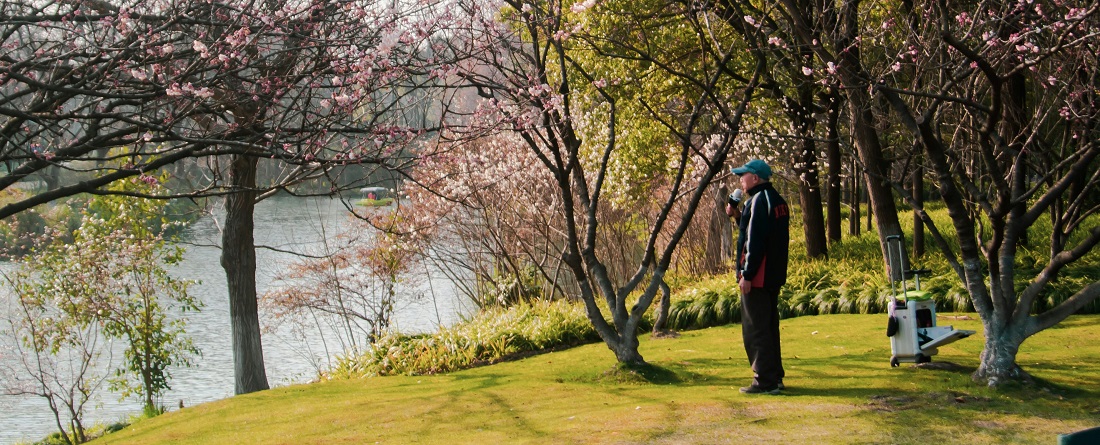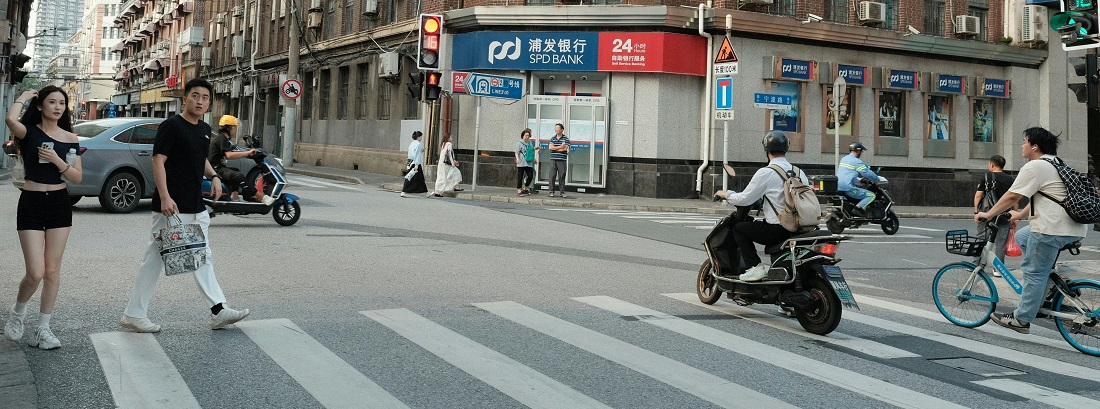Living in Shanghai
Shanghai lies on China’s central coast and is split by the Huangpu River; its many streams and canals are the veins pulsing a vibrant energy throughout the city. As one of the world’s most populous cities, expats moving to Shanghai will be among many individuals with similar stories and yet diverse backgrounds who collectively create and enjoy the city’s buzzing lifestyle.
Over the years, Shanghai has been doted on and described using phrases such as the "Paris of the East" and the "Pearl of the Orient". While local and international influences have uniquely shaped the metropolis, it carries its own identity as a major economic hub, boasting one of the largest ports in the world. Among its many attractions lies the Bund, the famous riverside promenade which hosts the best places for dining and shopping – along with Nanjing Road.
While Beijing is perhaps more likely to capture the imaginations of those looking to move to China, Shanghai has functioned as a gateway for commerce between the East and the West for more than a century. The city continues to be the gateway to China’s vast economy and is the country’s leading financial centre.
Working in Shanghai

Expats moving to Shanghai for a job opportunity become part of this skilled workforce, often hired or transferred by one of the many international companies that continue to open branches in a city on the cutting edge of global economics.
Job opportunities exist in the marketing, media, engineering, and research sectors. To legally work in China, you must apply for a work visa and work permit.
Local culture in Shanghai
For decades, Shanghai has grown upwards and sprawled outwards, with glass, concrete, and steel sprouting up between ancient temples, forest parks and traditional neighbourhoods nestling distinctly Western-looking areas and suburbs. While this has provided security and comfort to an international population, life in Shanghai can become isolated, as parts of the city have perhaps forsaken some of their local flavour in adopting a more international character.
Hazardous pollution and traffic congestion are the most jarring aspects of Shanghai. Although it may take some time to get used to the locals’ etiquette, Chinese people are largely welcoming and friendly.
In the workplace, you’ll need to focus on building relationships and avoid embarrassing your colleagues, as saving face is important in Chinese culture.
Local Culture in China
Business Culture in China
Finding accommodation in Shanghai
Home to more than 29 million people, Shanghai is a sprawling city with plenty of areas and suburbs to explore. Most of the housing in Shanghai is in the form of apartments, ranging from old-style apartments to modern, serviced apartments. Families looking for larger properties can find freestanding properties on the city’s outskirts.
You can start the property search online by visiting property portals or hire a real estate agent who is knowledgeable about the local property market and can communicate in both English and Mandarin. This is recommended for newly arrived expats to Shanghai, as it can circumvent some of the challenges related to language barriers and settling into a new country. You should note that the services of a real estate agent typically cost the equivalent of one month’s rent.
Advice on Renting Accommodation in Shanghai
Best Places to Live in Shanghai
Cost of living in Shanghai
Shanghai is the most expensive city in China. While it’s possible to lower your cost of living in Shanghai, your living costs will skyrocket if you’d like to maintain the same lifestyle as back home. Accommodation will be your largest expense, but some expats are fortunate enough to have this covered by their employers. International schools and healthcare are other major expenses. Depending on your preferences, you’ll likely be able to save when it comes to groceries and eating out.
For more info, see the page on Cost of Living in Shanghai
Finding a school in Shanghai
Most expat parents send their children to international schools in Shanghai, as the city’s public schools teach in Mandarin. Shanghai is home to a fair few international schools, so you’ll have plenty of choices. You can find schools offering the highly-regarded International Baccalaureate, British, and American systems, among others.
Expat parents with younger children may opt for public schools to allow their children to integrate into the local culture. Still, many international schools offer bilingual instruction and cultural immersion programmes.
Getting around in Shanghai
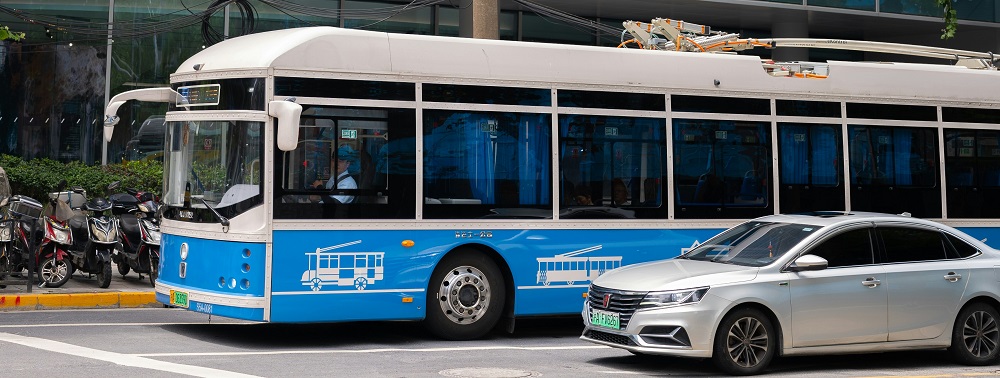
Thanks to the excellent public transport infrastructure, getting around in Shanghai is simple and efficient. There is a metro, railway, buses, and taxis for late-night travel. If you prefer a cheaper and healthier travel method, you can hire a bicycle or scooter, but this is recommended for those accustomed to Shanghai’s chaotic traffic flows.
You’ll need a local driving licence to drive in Shanghai. Driving in the city is not recommended for new arrivals, as Shanghai’s driving etiquette and traffic congestion in the city may take some getting used to.
See our page on Getting Around in Shanghai
Climate and weather in Shanghai
Shanghai has a humid subtropical climate. The city experiences four distinct seasons, with spring and autumn being the most pleasant time of the year. The winter months are freezing, and you can expect the occasional typhoon, while summers are sweltering.
The city’s uniquely Chinese cosmopolitanism has contributed to its glamorous character, defined by vast numbers of people, spectacles, and colour. If you’re considering moving to Shanghai, you may encounter challenges, but you can equally overcome them and experience a whole new world.
